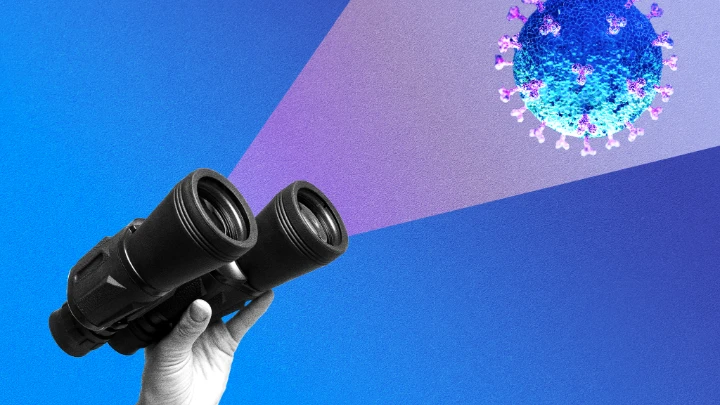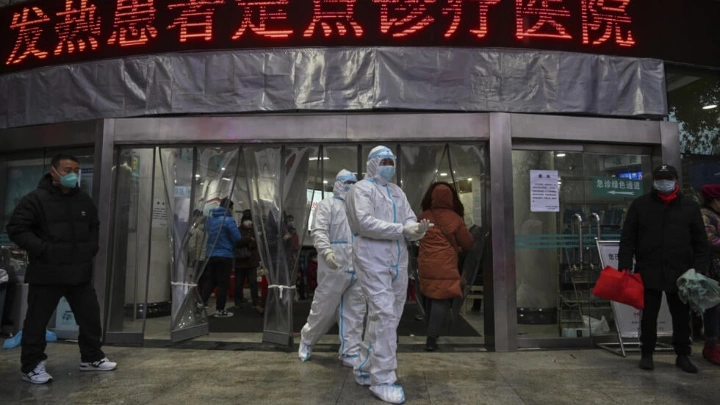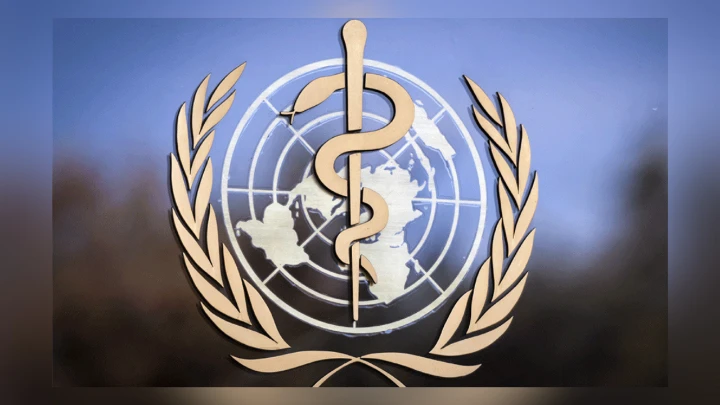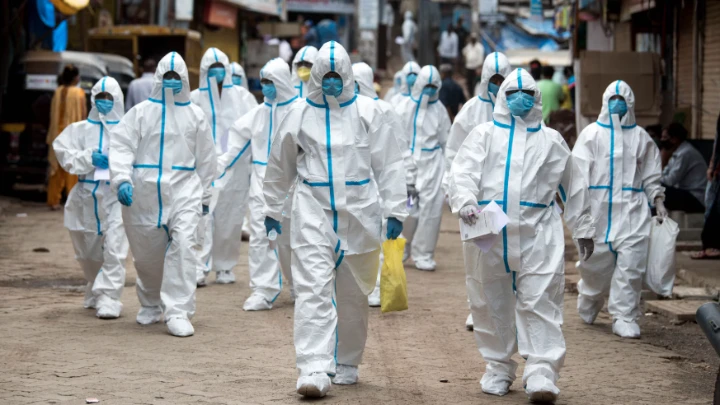The variant, called KP.2, now makes up the largest share of new infections in the U.S.
A new Covid variant has taken over, and experts predict a small summer wave
NBCnews || Shining BD
Disease experts anticipate a small uptick in Covid cases this summer, as a new variant spreads.
The KP.2 variant represents 28% of Covid infections in the U.S., up from just 6% in mid-April, according to data released Friday by the Centers for Disease Control and Prevention.
KP.2 became dominant at the end of April — meaning it accounts for the largest share of new cases — outpacing the JN.1 variant, which took over in the winter.
Some scientists collectively refer to KP.2 and another variant called KP.1.1, which shares the same key mutations, as “FLiRT” — a reference to their amino acid changes.
Both are descendants of JN.1, which is part of the omicron lineage, like all versions of the coronavirus that have gained dominance in the last couple of years.
But KP.2 has three additional mutations in its spike protein compared with JN.1, which disease experts said could make it easier for the virus to bypass protection from vaccines or prior infections.
“It looks like those additional mutations make it more immune evasive, so it’s not a surprise that it would then dominate,” said Dr. Dan Barouch, director of the Center for Virology and Vaccine Research at Beth Israel Deaconess Medical Center in Boston.
Laboratory research from Japan, which was published as a preprint and has not been peer-reviewed, suggests that the Covid vaccines currently recommended in the U.S. may be less effective against KP.2 than against JN.1.
However, KP.2 might be less efficient at infecting cells, the research suggests, which could mean that a higher dose of the virus would be needed to infect someone.
People who were infected with JN.1 should still have some protection against KP.2, experts said.
The CDC does not collect regular data on how Covid symptoms are evolving over time, so it’s hard to assess whether illnesses caused by KP.2 look any different. Covid symptoms have generally been consistent over the last two-plus years.
Experts predict a small rise in cases this summer
Covid cases have spiked every summer in the U.S. since 2020. If KP.2 continues to gain prevalence, that pattern may repeat — but not as dramatically, experts predict.
The U.S. is in a good place with Covid heading into the summer, according to Andrew Pekosz, a virologist at Johns Hopkins University. Hospitalizations reached record lows at the end of April, the last data available before the CDC stopped requiring hospitals to report Covid admissions numbers.
“We see a late summer, early fall surge of cases, and then we see a second surge of cases right around the Christmas holidays, the New Year,” Pekosz said. “That pattern has been sort of reproducing itself for a couple of years now. The important thing, though, is the magnitude of the cases has been consistently dropping.”
Shining BD






















